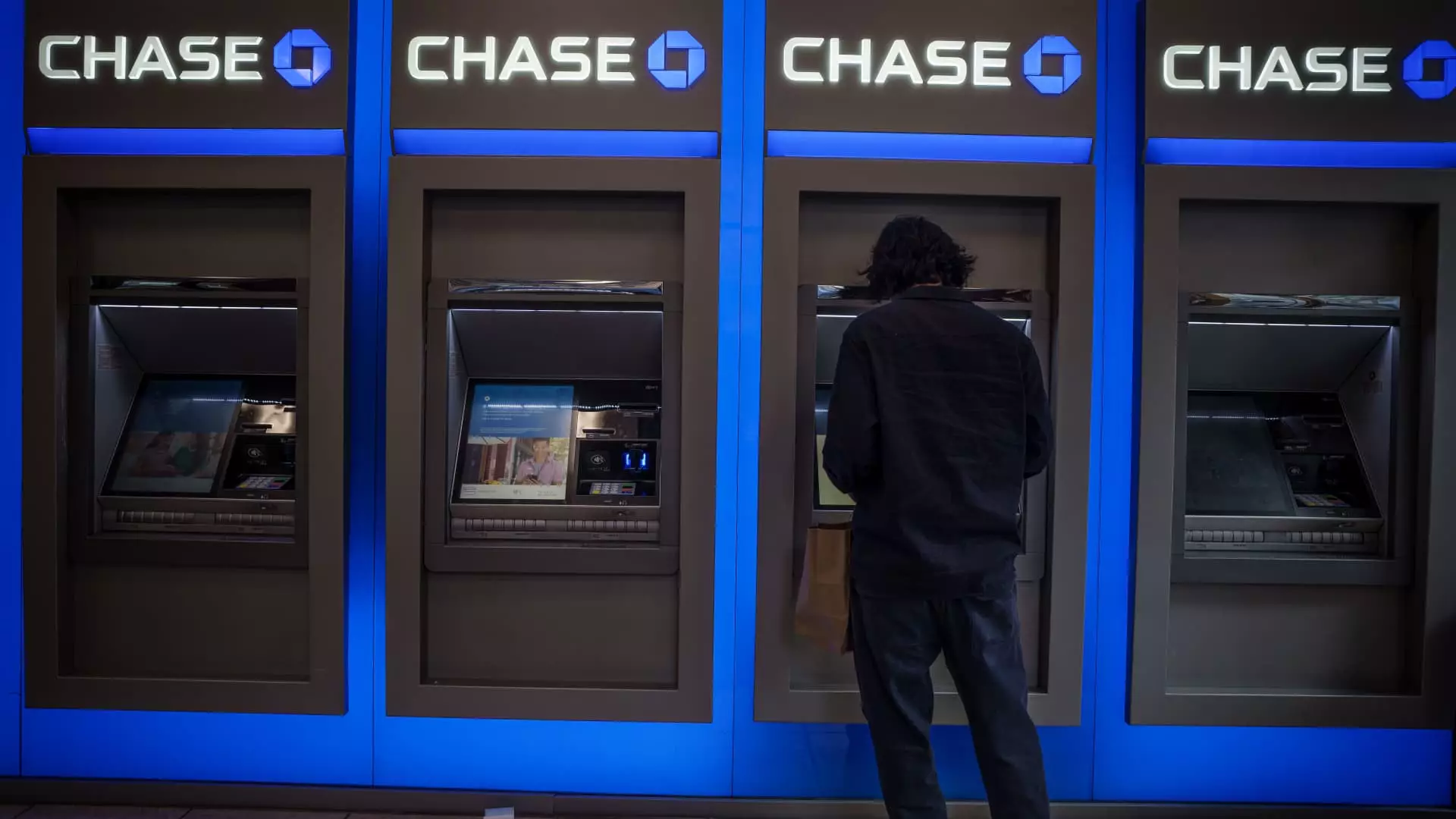In a striking demonstration of how quickly misinformation can proliferate in the age of social media, JPMorgan Chase has taken legal action against several customers over a burgeoning form of ATM fraud known as the “infinite money glitch.” This scenario revolves around individuals exploiting a bank’s technical vulnerability that allowed them to withdraw funds before a check could bounce, a situation that’s garnered immense attention and views on platforms like TikTok. The events represent not just isolated cases of fraud, but an alarming trend with widespread implications for security and trust within the banking system.
The bank filed lawsuits in multiple federal courts on a recent Monday, targeting individuals who capitalized on this glitch with significant withdrawals. One notable case involves a Houston resident who owes an astounding $290,939.47 after an unidentified associate deposited a counterfeit check of $335,000 into a Chase ATM. According to JPMorgan’s filing, the fraudulent activities commenced immediately after the deposit, indicating a clear exploitation of the loophole that allowed customers to access large sums of money prematurely.
What makes this scenario particularly troubling is the deceitful nature of the checks deposited. With the banking system typically protecting itself by delaying the availability of funds until the checks clear— a process that can take several days—this incident reveals not only the naivete of those involved but also systemic vulnerabilities in traditional banking practices.
JPMorgan Chase’s legal actions are just the tip of the iceberg. The bank is reportedly investigating thousands of potential fraudulent cases linked to this glitch. Although it has not disclosed the full measure of losses incurred due to these fraudulent activities, the numbers are likely to be staggering given that losses from paper check fraud reached $26.6 billion worldwide last year. This begs larger questions about the safety and security measures employed by financial institutions in an increasingly digital marketplace.
The bank’s lawsuits focus, primarily, on individuals accused of withdrawing significant amounts—ranging from around $80,000 to $141,000 in various cases. However, many smaller cases are still under scrutiny, hinting at a widespread issue that extends beyond just a few high-profile perpetrators.
In response to the incidents, JPMorgan has indicated that the loophole has been closed, marking a swift attempt to mitigate potential losses and restore customer trust. The bank’s official stance, underscored by spokesperson Drew Pusateri, emphasizes that fraud undermines confidence in the banking sector, an assertion that resonates more broadly in a climate where digital banking is becoming the norm.
Moreover, the lawsuits aim to recuperate not just the stolen funds but also associated costs, like interest and legal fees. This legal pursuit can be perceived as a warning to others who contemplate similar actions, crystallizing the bank’s stance against fraudulent activities. However, the initiative also raises ethical dilemmas regarding accountability and the disparity between larger organizations and their individual customers.
As this situation unfolds, it serves as a crucial reminder of the vulnerabilities that exist within the financial services industry, especially as many institutions move away from traditional banking methods. With the advent of mobile and digital transactions, further innovations and protections must be designed to safeguard against malicious intents, ensuring that both customers and banks can operate within a secure ecosystem.
While JPMorgan Chase is taking steps to address these challenges, it remains to be seen what long-term strategies financial institutions will employ to prevent similar incidents. As this case illustrates, the intersection of social media, technology, and banking behavior has profound implications for all stakeholders involved, leading to a necessary dialogue regarding the future of banking security in our digitized world.


Leave a Reply